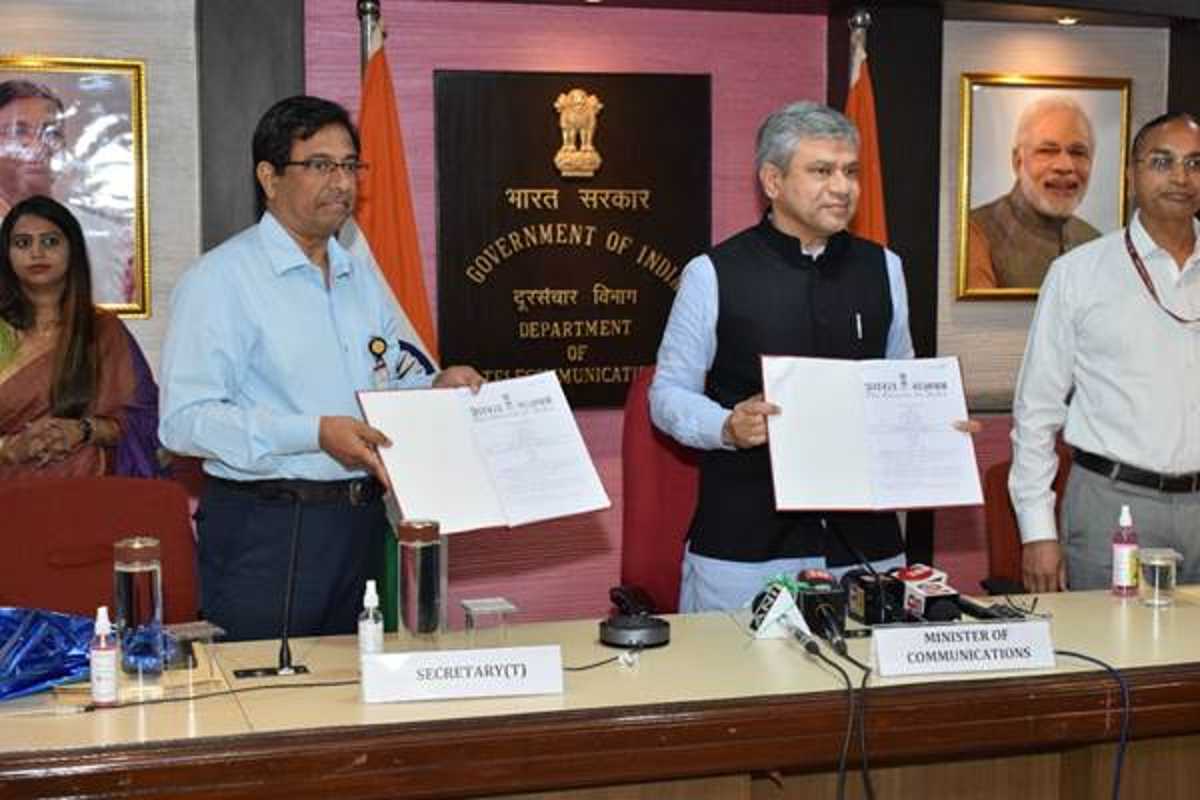
The telecom minister of India, Ashwini Vaishnaw, on Thursday released amendments to the Indian Telegraphy Right of Way (RoW) Rules, 2016. These amendments are focused on ensuring a faster 5G rollout in the country. Along with this, Vaishnaw launched a new '5G RoW' application form on the GatiShakti Sanchar Portal. All the telecom bodies now have 5G spectrum, and they are ready to roll out services. But to ensure that the 5G launch in India can happen on time, the telcos need better RoW rules on their side. Vaishnaw shared that over 13 states/UTs in India have already implemented the central RoW policy. The average time for approval of RoW applications has come down from 435 days in 2019 to 16 days in July 2022.
Let's take a look at the amendments that were introduced.
RoW Rules Amendments Announced by Vaishnaw for Faster 5G Rollout
The RoW application for small cells has been simplified. Licensees will only have to pay Rs 150/year in rural and Rs 300/year in urban areas for the deployment of small cells in street furniture.
The government will charge Rs 100/year for using street infra to install overground optical fiber for faster fiberisation. The amendments also clearly now distinguish between 'poles' and 'mobile towers'.
Because there's a single RoW portal now, the telcos don't need to comply with the rules of several states to submit applications. It can be done through a standard rule and is very easy to follow. Further, there's a single window clearance now.
The administrative fees related to RoW applications and processes have been rationalised. The central government won't charge any fee for the installation of poles on the land it controls or owns. There are a lot more amendments which focus on bringing down the cost and the time involved in the RoW application approval process for the telcos.
The government has also said that for installing telecom infra on private property, the telcos can get into agreement with the owners, and there won't be any government interference there.















